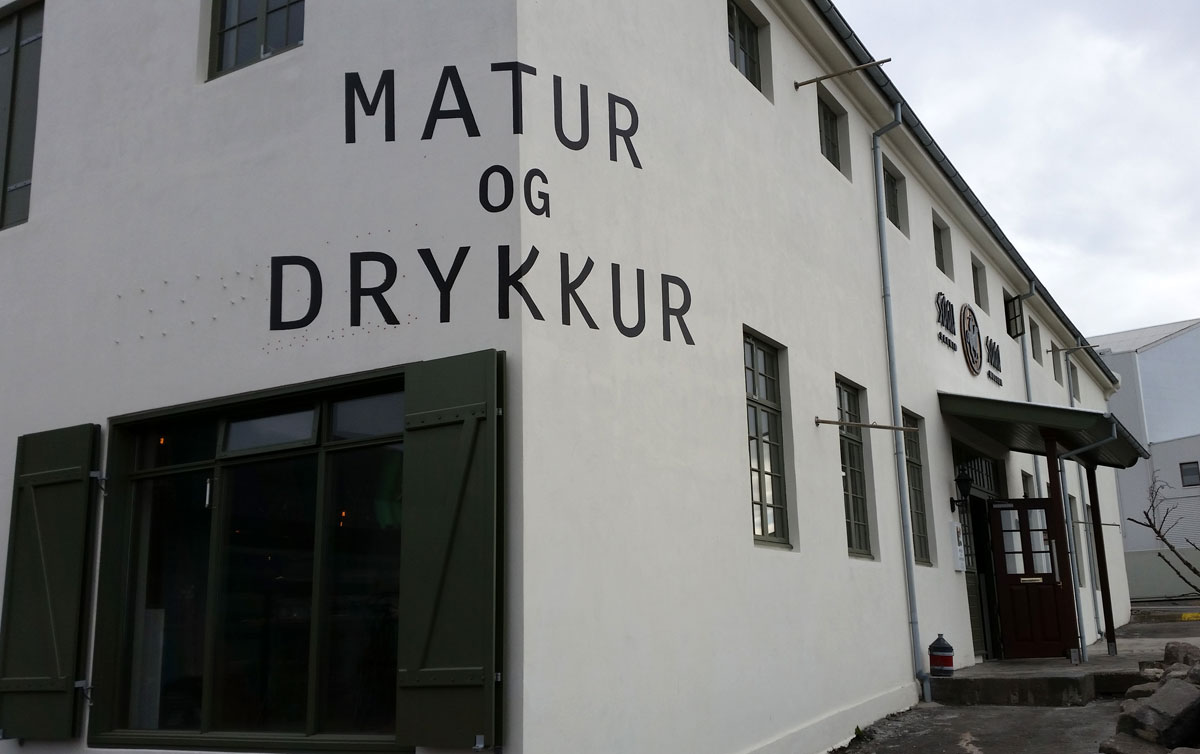Lifid
Europe feeling effects of bird flu
Europe’s poultry industry counted the multi-million-dollar cost of the spread of bird flu in lost sales on Friday after U.S. agencies urged more funds to fight a possible deadly human pandemic that could kill millions.
As the world took steps to prepare for such an outbreak, Romania and Greece detected new cases of the deadly H5N1 virus. Sweden and Switzerland found more bird flu in wild birds and Turkey in poultry flocks.
China issued a national bird flu warning that migratory birds returning during the spring could cause more human cases.
„There are some places where prevention and control efforts have weak links,“ Chinese Vice-Premier Hui Liangyu told a cabinet conference on Friday. China has had 14 human cases of people infected with H5N1 bird flu, eight of them fatal.
H5N1 has killed birds in more than 30 countries in the Middle East, Asia, Europe and Africa. It has spread to 14 new countries in the past month and has infected 174 people since 2003, killing 94 of them.
Scientists say H5N1 is mutating steadily and may eventually acquire the changes it needs to be easily transmitted from human to human. Because people lack any immunity to it, it could sweep the world in a matter of weeks or months, killing tens of millions and bringing economies to their knees.
Congress agreed $3.8 billion of $7.1 billion U.S. President George W. Bush requested last year to fight a possible pandemic.
„But it really takes a lot of time and a lot of money. There are a lot of black boxes out there where something could emerge and we won’t be able to find it,“ Dr. Julie Gerberding, director of the Centers for Disease Control and Prevention, told a House of Representatives appropriations subcommittee.
The World Health Organization said on Friday that a three-day meeting of experts in Geneva which starts on Monday would sharpen plans for containing any human bird flu pandemic.
ALARM HITS POULTRY SALES
France’s poultry sector, the biggest in Europe, is now losing 40 million euros ($48 million) a month as bird flu hits sales at home and abroad, French officials said on Friday.
The Paris government has said more than 40 countries have restricted imports of French poultry following the outbreak of H5N1 at a turkey farm in the east of the country.
Germany’s poultry industry has lost more than 140 million euros since last autumn because of bird flu, with demand down some 20 percent from previous levels. Germany identified more than 140 cases of wild birds with H5N1, as well as a cat. It reported two new cases of bird flu on Friday.
Hungarian poultry producers said on Friday their sales had fallen by up to 20 percent since H5N1 was first found there in dead swans on February 21. Chicken sales were hardest hit.
But a health expert said bird flu in poultry did not pose a food safety risk as it is unlikely a sick chicken would be killed for consumption and cooking meat and eggs would kill the virus. Dr Judith Hilton, at Britain’s Food Standards Agency, said salmonella posed more of a risk to consumers than bird flu.
Romania on Friday detected H5N1 in domestic birds in a village west of Bucharest and in a goose in the city of Buzau.
Avian flu has been found in 40 villages and a small Black Sea resort since the virus was first detected in the Danube Delta in October. Birds have been culled swiftly and Romania has not reported any cases in humans.
Greece, where poultry sales are down by up to 80 per cent since the first case was reported in February, said three more H5N1 cases were confirmed in swans, bringing the total infected birds there to 22.
Turkey confirmed three new cases of the H5 strain of bird flu in poultry in an area west of Istanbul and said culling of birds was under way. Samples were being tested for H5N1.
Four children died of H5N1 in eastern Turkey in January, the first human fatalities outside east Asia.
Switzerland, which on Wednesday said it had found its first case of the deadly H5N1 strain of the virus in a wild duck found in Geneva, discovered five more cases of H5 bird flu in wild birds. The birds were being tested for H5N1.
Sweden detected eight new cases of H5 in wild birds after its first suspected cases of H5N1 strain earlier this week.
Samples from four possible Nigerian human bird flu cases have arrived for tests at a laboratory in Britain, the WHO said.
An outbreak of H5N1 was confirmed at a commercial farm in Nigeria’s Kaduna state on February 8 and has spread since to other states in Africa’s most populous country.
Fréttaskot
Örn Garðarsson

-

 Viðtöl, örfréttir & frumraun21 minutes síðan
Viðtöl, örfréttir & frumraun21 minutes síðanNotað Og Nýtt – Facebook hópur til að selja/kaupa notuð eða ný tæki
-

 Nýtt bakarí, veitingahús, fisk- og kjötbúð og hótel21 klukkustund síðan
Nýtt bakarí, veitingahús, fisk- og kjötbúð og hótel21 klukkustund síðanNýr kafli í miðborginni, Gamla Reykjavík tekin til starfa
-

 Frétt6 dagar síðan
Frétt6 dagar síðan2,3 milljarðar króna í mat á ári, svona er eldhúsið á Rikers rekið – Myndband
-

 Markaðurinn3 dagar síðan
Markaðurinn3 dagar síðanReyndur kokkur óskast í vaktstjórastarf á Snæfellsnesi
-

 Markaðurinn6 dagar síðan
Markaðurinn6 dagar síðanKokkur óskast á Fosshótel Jökulsárlóni, fullt starf í einstöku umhverfi
-

 Markaðurinn5 dagar síðan
Markaðurinn5 dagar síðanAllt að 60% afsláttur af vinsælum vörum í takmarkaðan tíma
-

 Viðtöl, örfréttir & frumraun2 dagar síðan
Viðtöl, örfréttir & frumraun2 dagar síðanEldhús í ofurkeyrslu: 1.000 starfsmenn umbreyta Mercedes-Benz Stadium á innan við 18 klukkustundum
-

 Keppni5 dagar síðan
Keppni5 dagar síðanBarþjónaklúbbur Íslands blæs til kokteilkeppni, frjálst þema og vegleg verðlaun










